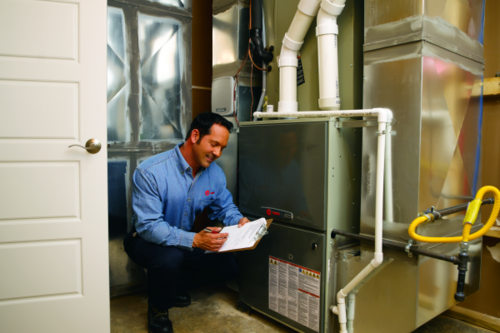Furnace Troubles? When to Repair and When to Replace

Is your furnace giving you trouble?
Have you noticed strange noises, uneven heating, or rising energy bills this winter?
A failing furnace can leave you feeling frustrated—and cold. But when something goes wrong, the big question is: should you repair your furnace or replace it altogether?
Making the right choice can save you money, improve your home’s comfort, and even lower your energy costs.
In this article, we’ll break down how to spot the signs of furnace trouble, when a repair is the smarter option, and when replacement might be the better long-term solution.
The Signs Your Furnace Needs Attention
Before deciding on furnace repair in Ann Arbor, it’s important to recognize the warning signs that something isn’t right:
- Unusual Noises: Banging, rattling, or squealing can indicate loose parts, motor issues, or airflow problems.
- Uneven Heating: Cold spots in certain rooms may point to duct or blower problems.
- Frequent Cycling: If your furnace constantly turns on and off, it might be struggling to maintain the set temperature.
- Higher Energy Bills: A sudden spike in costs often means your furnace is working harder than it should.
- Yellow Pilot Light: This can be a safety concern, signaling poor combustion or carbon monoxide risk.
When Furnace Repair Makes Sense
If your furnace is relatively new and the problem is minor, a repair can be the most cost-effective route. Common repairable issues include:
- Faulty thermostats
- Clogged air filters
- Blower motor repairs
- Ignition or pilot light issues
Tip: For newer systems still under warranty, repairs are often covered—saving you money.
When Replacement is the Better Option
Sometimes, repairs just aren’t enough. You should consider replacing your furnace if:
- Your Unit is 15+ Years Old: Most furnaces last between 15–20 years. Beyond that, efficiency and reliability drop.
- Frequent Repairs: If you’re calling for furnace repair in Ann Arbor multiple times a year, replacement can be more cost-effective.
- Major Component Failure: A cracked heat exchanger or failed compressor often costs more to fix than to replace.
- High Energy Bills: Upgrading to a high-efficiency model can cut heating costs significantly.
Stay Warm and Worry-Free | Furnace Repair Ann Arbor
Dealing with furnace problems doesn’t have to be stressful. Knowing when to schedule furnace repair in Ann Arbor versus when to invest in a replacement will keep your home warm, your bills low, and your family safe all winter long.
If you’re unsure which route to take, contact our team today to assess your system today.









